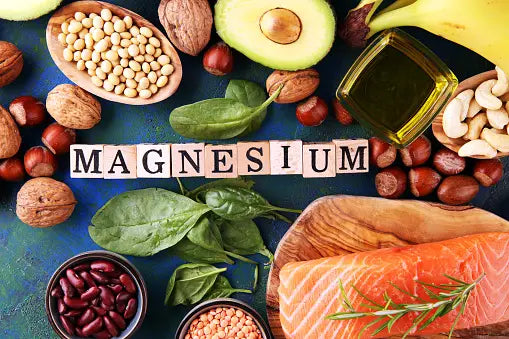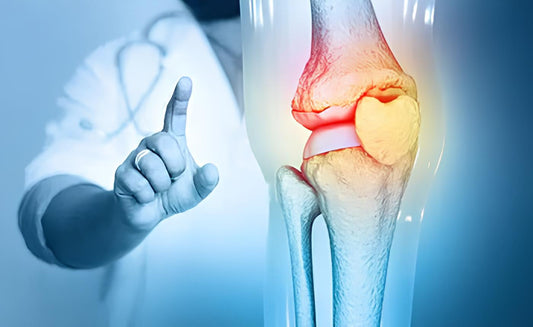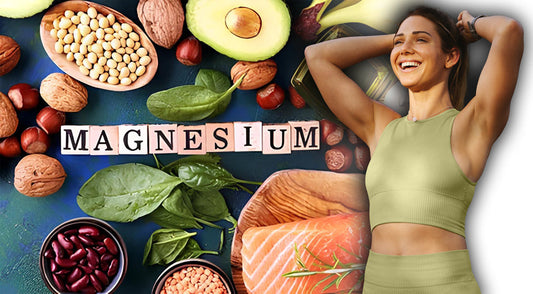

What time of the Day Do You Burn the Most Fat?
Table of Contents
| What time of the Day Do You Burn the Most Fat? |
by: Robbie Durand
Most Americans eat a small breakfast, medium size lunch, and a large dinner, the famous steak and potatoes dinner. Some studies have found that a person will burn slightly more calories in the morning. For example, researchers found that subject’s burned significantly higher calories after the consumption of a snack in the morning than after the same snack at night. One interesting fact is that circulating levels of the fat burning hormone norepinephrine and epinephrine has been found higher in the morning. Epinephrine increases metabolic rate, fat and glucose oxidation Eating food does require energy for digestion and requires a small amount of calories. The thermic effect of food, also called diet-induced thermogenesis, is defined as the increase in resting metabolic rate after the ingestion of a meal. This component accounts for a small proportion of the total energy expenditure (about 10%), but it has been reported to be implicated in the development and persistence of obesity.
To compare changes in resting metabolic rate and both carbohydrate and fat oxidation rates and blood glucose, insulin, free fatty acids and triglycerides (as measured by taking blood samples) in response to identical meals consumed in the morning (at 8:00am) and in the evening (at 8:00pm) following standardized diet, physical activity, duration of fast, and rest.
 The standard meal consisted of: 100 g white bread, 100 g ham, 50 g cheese, 125 g yogurt, 200 ml fruit juice, plus 25 g protein supplement. The nutritional composition of the meal was: 30% protein, 31% fat, 39% carbohydrates; total kcal 1168. The participants had to consume each meal in 25–30 min. This meal was standardized to once in the morning and once in the evening. The standard meal consisted of: 100 g white bread, 100 g ham, 50 g cheese, 125 g yogurt, 200 ml fruit juice, plus 25 g protein supplement. The nutritional composition of the meal was: 30% protein, 31% fat, 39% carbohydrates; total kcal 1168. The participants had to consume each meal in 25–30 min. This meal was standardized to once in the morning and once in the evening. |
At the end of the study, the researchers concluded morning food consumption is associated with a higher thermic effect of food and lower levels of blood glucose, insulin, free fatty acids and triglycerides than similar meals consumed in the evening. The post-meal RMR was significantly higher after the morning meal compared with after the evening meal (1,916 vs. 1,756kcal). Consequently, the TEF was significantly greater in the morning than in the evening by around 90kcal (328 vs. 237kcal). Both fasting and post-meal CHO and fat oxidation values were significantly higher in the morning than in the evening. The researchers had some some interesting ideas on why thermogenesis was higher in the morning, mainly due to the effects of insulin. Thermogenesis is decreased in the presence of hyperinsulinemia or insulin resistance. The evening meal produced a greater insulin response, so the researchers suspected the elevated insulin in the evening reduced metabolic rate. The timing of meals also influences the success of weight-loss strategies: late-lunch eaters lose less weight than early eaters. Breakfast should truly be the biggest meal of the day
Bo S, Fadda M, Castiglione A, Ciccone G, De Francesco A, Fedele D, Guggino A, Parasiliti Caprino M, Ferrara S, Vezio Boggio M, Mengozzi G, Ghigo E, Maccario M, Broglio F. Is the timing of caloric intake associated with variation in diet-induced thermogenesis and in the metabolic pattern? A randomized cross-over study. Int J Obes (Lond). 2015 Dec;39(12):1689-95.
Romon M, Edme JL, Boulenguez C, Lescroart JL, Fritmat P. Circadian variation of diet-induced thermogenesis. Am J Clin Nutr 1993; 57: 476–480.
Ravussin E, Acheson KJ, Vernet O, Danforth E, Jéquier E. Evidence that insulin resistance is responsible for the decreased thermic effect of glucose in human obesity. J Clin Invest 1985; 76: 1268–1273.
Linsell CR, Lightman SL, Mullen PE, Brown MJ, Causon RC. Circadian rhythms of epinephrine and norepinephrine in man. J Clin Endocrinol Metab 1985; 60: 1210–1215.
Müller MJ, Acheson KJ, Piolino V, Jeanpretre N, Burger AG, Jequier E. Thermic effect of epinephrine: a role for endogenous insulin. Metabolism 1992; 41: 582–587.
Garaulet M, Gómez-Abellán P, Alburquerque-Bèjar JJ, Lee YC, Ordovás JM, Scheer FA. Timing of food intake predicts weight loss effectiveness. Int J Obes 2013; 37: 604–611.
Jakubowicz D, Barnea M, Wainstein J, Froy O. High caloric intake at breakfast vs dinner differentially influences weight loss of overweight and obese women. Obesity 2013; 21: 2504–2512.
MUSCLE MEDIA MAGAZINE FOR MEN
The premier source of training, nutrition, supplements, fat loss and health for men.

















